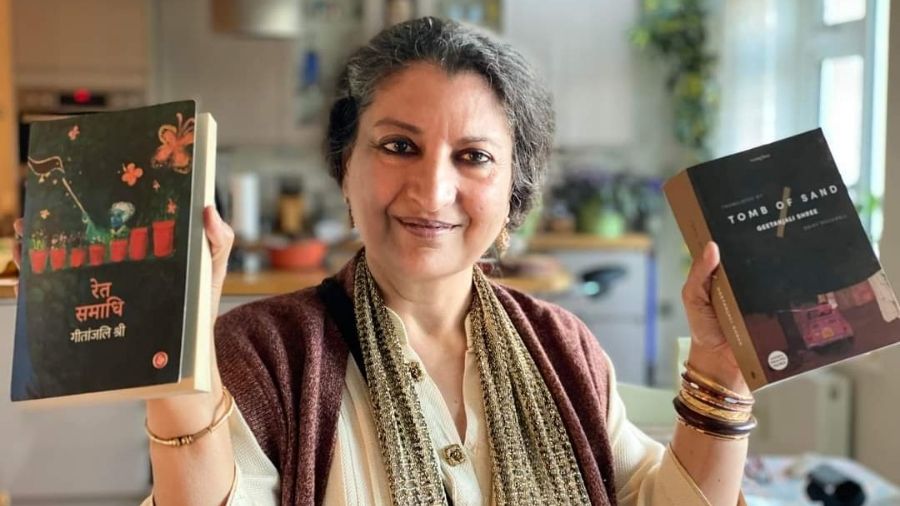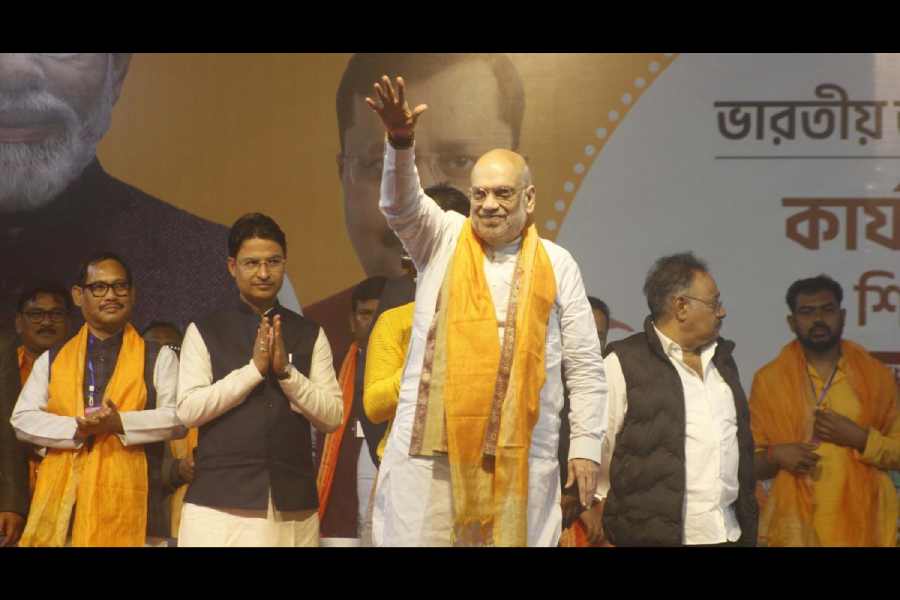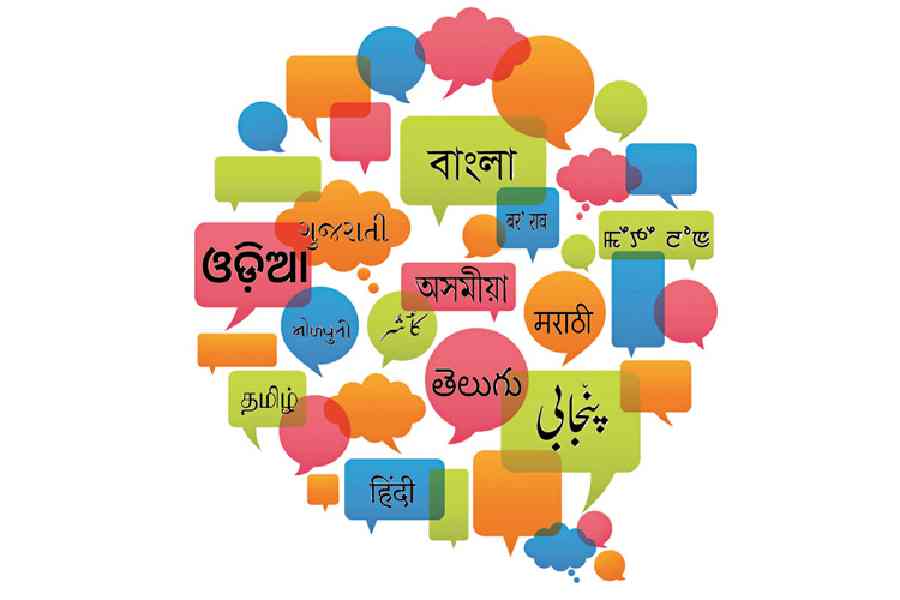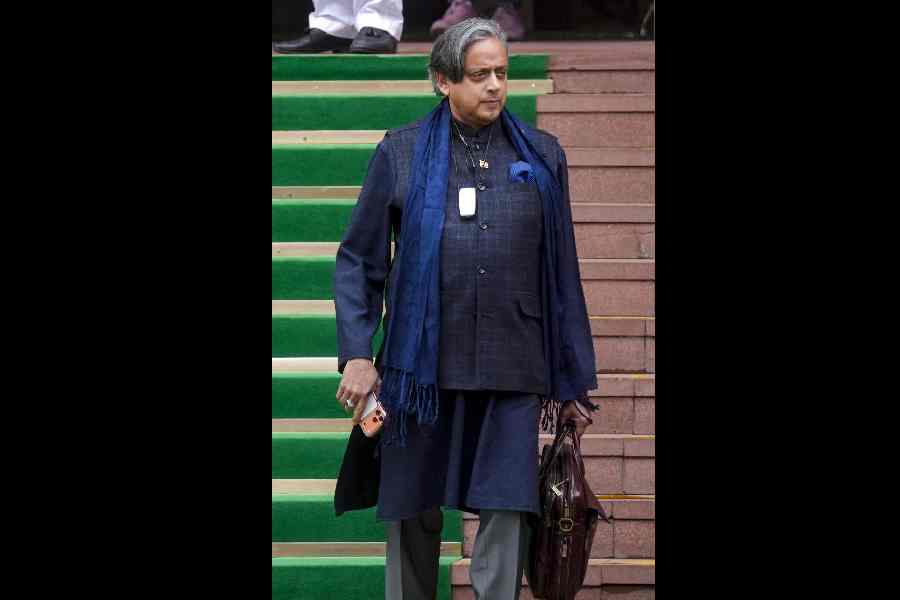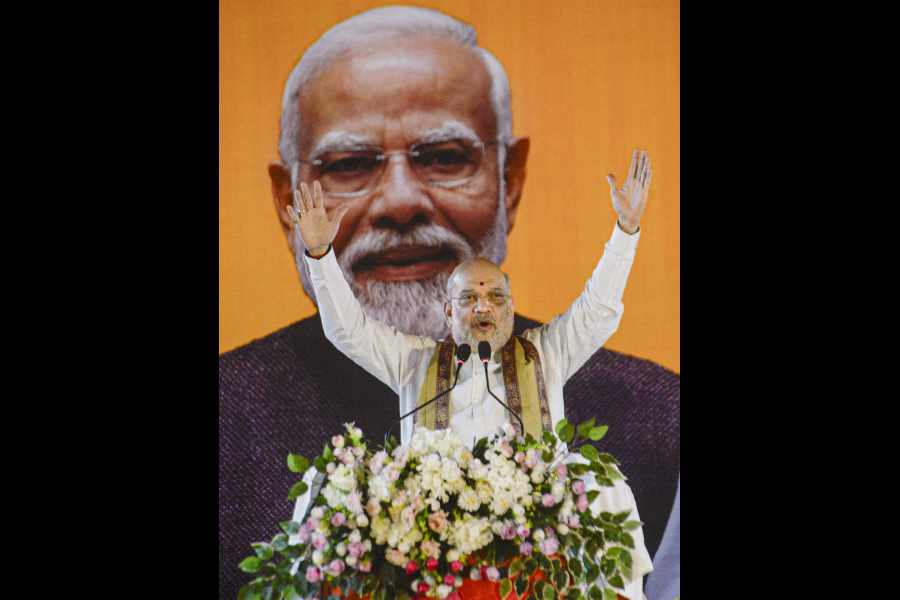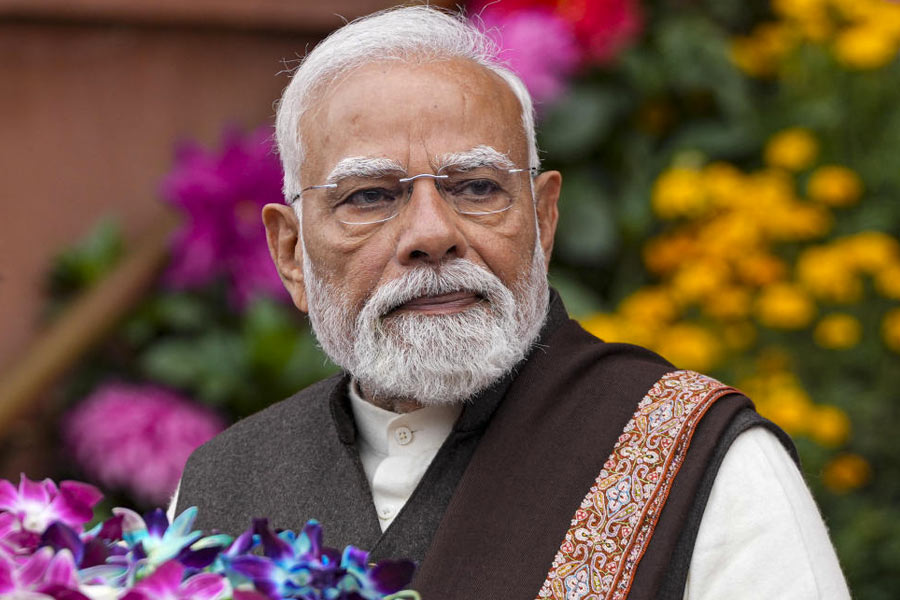The political class has been largely muted in its response to a Hindi novel winning the International Booker Prize, but what has stood out is the silence of Prime Minister Narendra Modi who is usually quick to laud Indians’ success on any global platform.
More than a day and a half after Geetanjali Shree had bagged the award for Tomb of Sand, the translated version of her book Ret Samadhi, there was not a word of appreciation from Modi or the BJP.
The only member of the government to post a congratulatory message, that too after a day and a half had lapsed, was Union urban development minister Hardeep Singh Puri.
“International Booker for ‘Tomb of Sand — Ret Samadhi’ by author Geetanjali Shree has created history & put Hindi language on the global literary centre stage. Becomes first Indian language book to win the coveted prize,” Puri tweeted on Saturday afternoon.
The Prime Minister need not congratulate every Indian who wins a coveted award, and his predecessor Manmohan Singh had not officially commented when Kiran Desai won the Man Booker Prize for her novel The Inheritance of Loss in 2006. Singh did, however, congratulate Aravind Adiga two years later when he won the same award for The White Tiger.
But Modi’s silence, and that of the BJP, is particularly curious since Shree’s book was originally written in Hindi, a language the government wants to promote.
According to the Booker Prize website, “it is the first book originally written in any Indian language to win the prize, and the first novel translated from Hindi to be recognised by the award”.
The silence of the Right wing, therefore, appears a reaction to the book being seen as an “urgent and timely protest against the destructive impact of borders and boundaries, whether between religions, countries or genders” — as described by the Booker judges — and against the author’s earlier musings on the situation in the country, particularly after the Babri Masjid demolition and the Gujarat riots.
“The years 1989 and on, 1992 and on. Rathyatra in Gujarat. Kar Seva in Ayodhya. The ascendancy of Hindu political parties. Yet another conception of self rule, swaraj, the true nationalist. Riots. Demolition. Riots. Backlash. Riots. An edifice crumbles — the disputed structure. But more. A language. A façade. A morality. Generic term — secularism. It crumbles,” according to a comment attributed to Shree and originally written in 2003 while “mulling over the anxieties of being a writer in a time when the environment loomed large and overbearing on almost every moment of our lives”. The article was republished on Friday by the Indian Cultural Forum.

